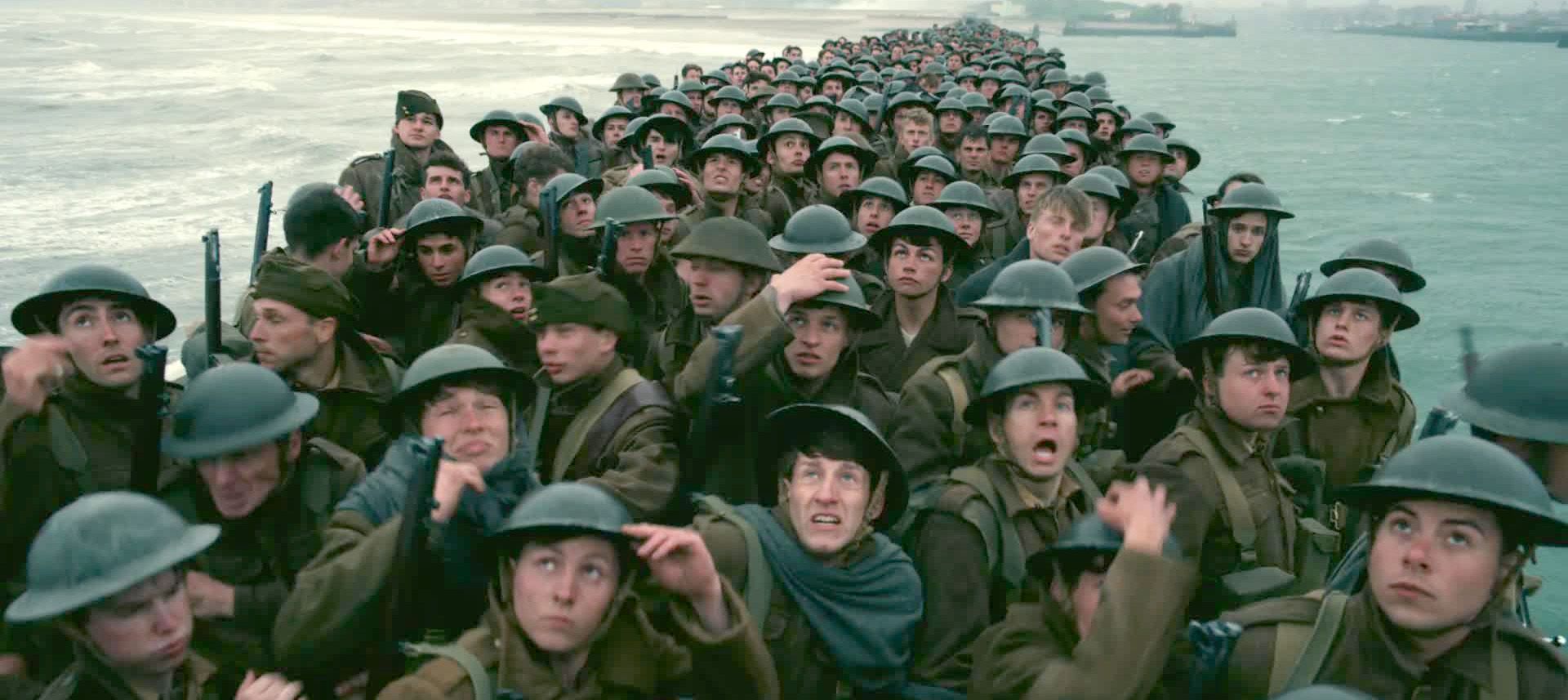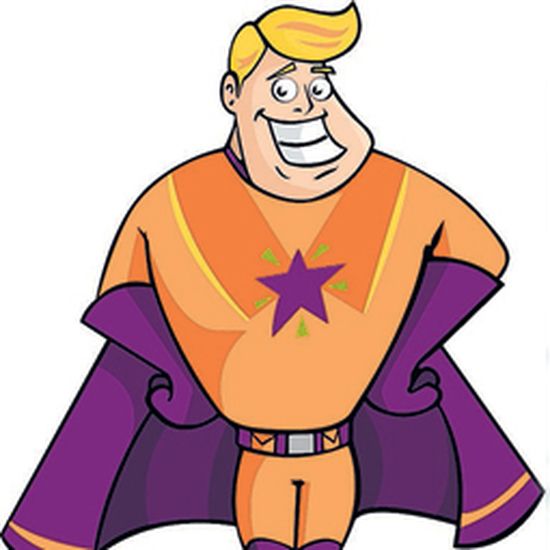ARMAGH legend Jarlath Burns is the new President of the GAA, elected to the island’s top sporting position on a landslide. And good luck to him, he’s a classy guy, both when representing club and county on the pitch and subsequently as he’s become more involved in working for and promoting the code he loves.
In an interview before winning the election, Jarlath revealed that he’s fascinated by British culture – and if we’re being honest, there aren’t many of us who aren’t. Not Morris dancing, bog-snorkelling, shin-kicking, heraldry and fox-hunting culture, of course, Squinter – and no doubt Jarlath – is thinking more of literature, sport, music, television and film, all of which even the most ardent republican follows with huge interest.
And then Jarlath said something a little bit more, ah, challenging. He said he’s fascinated by Orange culture and as part of that fascination and concomitant desire to know more he regularly hosts the Order at the large Armagh secretary school of which he’s principal. Regular readers of this column will know that Squinter also has something of a fascination with the Orange Order, having written about it countless times and having attended scores of events over the years, including repeated visits to Twelfth parades and the Scarva sham fight (a Royal Black event, but very much part of the Orange milieu). Squinter developed his fascination as an adult and nearly all the parades he has attended took place after the loyalist ceasefires, because ending up in a romper room instead of the Roddy’s afterwards didn’t seem like the perfect end to a perfect day.
But Squinter’s fascination isn’t the fascination he has for medieval history or French culture, for instance – in other words, he’s not a King Billyphile. It’s a fascination born out of decades of disconnectedness, ignorance and – yes – fear. A bit like the fascination most of us have with the occult (read the language of the Orange Order rule book for members and you will see that that comparison is not as left-field as it might first appear. And as far as Squinter’s concerned, maturity is the best time for an introduction to groups that are essentially exclusionary or triumphalist or racist, or perhaps all three. And that introduction (should someone desire one) should be made voluntarily in adulthood and not – with every respect to Jarlath – involuntarily in childhood, as is the case with bringing the Orange Order into schools to put forward its case.
There’s not a chance the Irish Freedom Party or the British National Party would be invited into a school anywhere, quite simply because staff and parents alike would be up in arms at the prospect of developing minds being exposed to extremist and damaging rhetoric and views. And if there’s a difference between an Orangeman coming to a school to explain to 32 Catholic children why he (it can only be a he) won’t marry a Catholic or set foot in a Catholic church is and some Dublin bloke coming in to explain why Ireland is full, then Squinter’s Diamond Dan.
None of which is to say that Orange culture can’t be discussed in the classroom. Of course it can because children are confronted by difficult subjects all the time. But Squinter was happy for his children to learn about divisive, exclusionary and even hateful groups past and present because that information was being transmitted to them through the prism of a professional educator and not through the mouth of a propagandist. And whatever way you cut it up, any attempt by an Orangeman to explain to young Catholics why he doesn’t want himself or any of his family to have anything to do with their faith is also straightforward propaganda.
And if there were any signs that the Orange Order is moving away from its 18th century outlook then perhaps some sort of rapprochement between it and people interested in equality might be possible. But the Order continues to align itself with the most hardline brand of unionism, it continues to showcase commemorations of loyalist killers and just two weeks ago it commemorated a UDA killer close to where the UDA slaughtered a young Catholic – a school-age Catholic, in fact. Not sure they’d want to talk about that.
The truth about that Dunkirk spirit
BRYSON of the Failey, the wannabe Donaghadee KC, has walked into his fair share of lampposts over the years. As have we all, let’s face it. There’s a very few of us can say with our hands on our hearts that we haven’t embarrassed ourselves now and again to an extent that makes us wince when we think back on it.
But My Uncle Binny has done it so often that he’s become a one-man meme factory. Standing on a blue bin to deliver an inspiring speech; putting on a wig and taping his mouth outside Laganside courts; spotting IRA balaclavas on a Munster flag; lambasting the ‘rabbit dog’ of violent Islamism; getting beaten in an election funding race by Koko the Gorilla; standing for election and getting 167 votes. The list goes on.
But that’s all in the past – isn’t it? – and now that he’s cracking on a bit, his face is starting to fill out a bit and his hairline is going the way of the unionist majority, he’s going to put the own goals behind him and start banging a few hat-tricks in the republican onion bag, isn’t he?
Maybe not. Reacting to the news of an imminent deal between the EU and the UK, the wee man said: “Unionism is more united than I have ever known. There is a real spirit of Dunkirk. There will be intense efforts to break that spirit, everyone must stick together and not allow that to happen.”
A scene from the 2017 movie Dunkirk
Now I don’t know who advised the wee man to reach for the Dunkirk comparison – the same person, perhaps, who told him: “Yes, go ahead and stand on a blue bin to make a speech, it’ll make a great picture and nobody will ever, ever make fun of you about it and it won’t follow you about for the rest of your life.”
Or perhaps he advised himself since his ma doesn’t thread his mittens through his anorak any more and he runs his own high-flying consultancy business now with international offices in Donaghadee, upstairs in the Con Club and East Belfast FC’s changing rooms.
Most British people don’t understand the catastrophic reverse that the Battle of Dunkirk represented and it is only those who know nothing – or don’t want to know anything – about the facts who cleave to the fabricated Dunkirk miracle lie. The fleeing British took nothing with them but sidearms, leaving enough heavy equipment behind to equip a dozen divisions – not that the Germans had anywhere near sufficient men to use the military fortune that they inherited. To give an idea of the extent of the reversal, there was enough equipment back in the whole of the UK to equip two divisions, three at the most.
Estimates vary on how long the eyewatering scale of the defeat prolonged the war, but the retreat at Dunkirk, combined with the humiliating surrender at Singapore in 1942 dealt a devastating blow to the global prestige of the British Army. A decade after the end of the war, the triptych portraying the decline of Britain as a global military power was completed with the Suez debacle.
Of course any victory-from-the-jaws-of-defeat narrative is extraordinarily attractive to loyalism at present, but just as Dunkirk, Singapore and Suez were the final three stops on the road to the end of Britain as an imperial power, so the disappearance of the unionist majority in the six counties is an epoch-changing event in Irish history which can’t be reversed no matter what spin is put on it.
The benefactors of the Dunkirk defeat were not the Germans, who thankfully got their fascist arses kicked by the 24-nation-strong Allied forces. The winners were those former British colonies who won their independence post-war thanks in no small part to the dramatic departure of the United Kingdom from the global top table.
So crack on, wee man, and suck on the dummy tit of Dunkirk if it makes you feel better during what are admittedly very trying times for the Precious Union©. But miracles aren’t always what they seem in the end.







